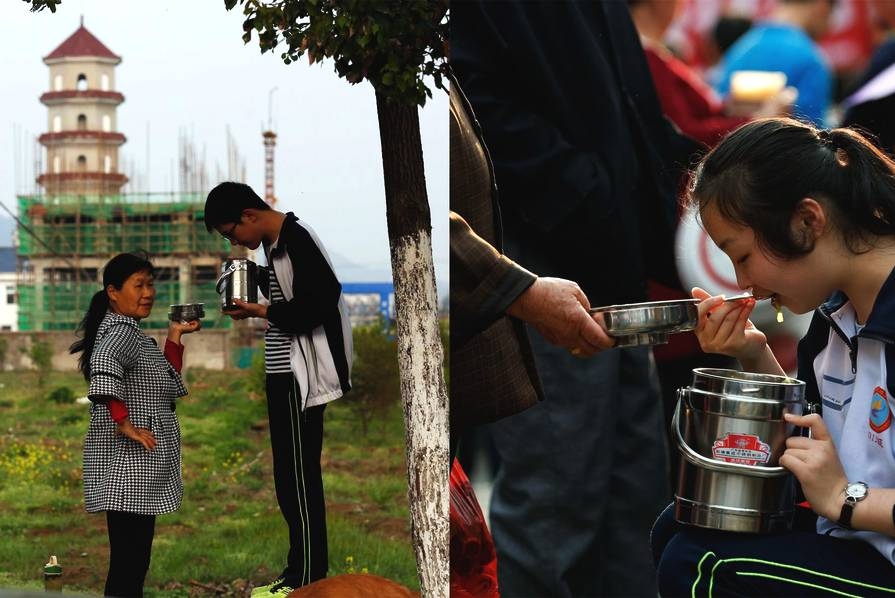Halloween,由英语版 also known as All Hallows' Eve, is celebrated annually on October 31st. The holiday has its roots in an ancient Celtic festival called Samhain, which marked the end of the harvest season and the beginning of winter. It was believed that on the night of Samhain, the veil between the world of the living and the dead was thinnest, allowing ghosts and spirits to come back to earth.
To ward off these spirits, the Celts would light bonfires and wear costumes made of animal heads and skins. They would also leave food and treats outside their homes to appease the wandering spirits. When the Roman Empire conquered the Celtic territories, they added their own traditions to the festival, including the honoring of Pomona, the goddess of fruit and trees, which is where the tradition of bobbing for apples comes from.

As Christianity spread throughout Europe, the holiday became known as All Saints' Day, a day to honor all the saints and martyrs who had died for their faith. The night before All Saints' Day was known as All Hallows' Eve, which eventually became Halloween.

Today, Halloween is celebrated in many countries around the world with costumes, parties, and trick-or-treating. While the holiday has evolved over time, its roots in ancient Celtic and Roman traditions still remain a part of its history.


 相关文章
相关文章
 精彩导读
精彩导读 热门资讯
热门资讯 关注我们
关注我们
